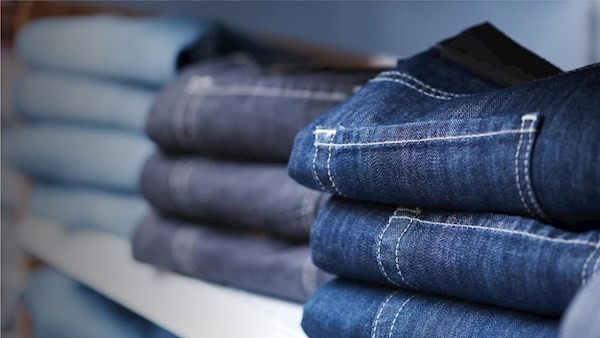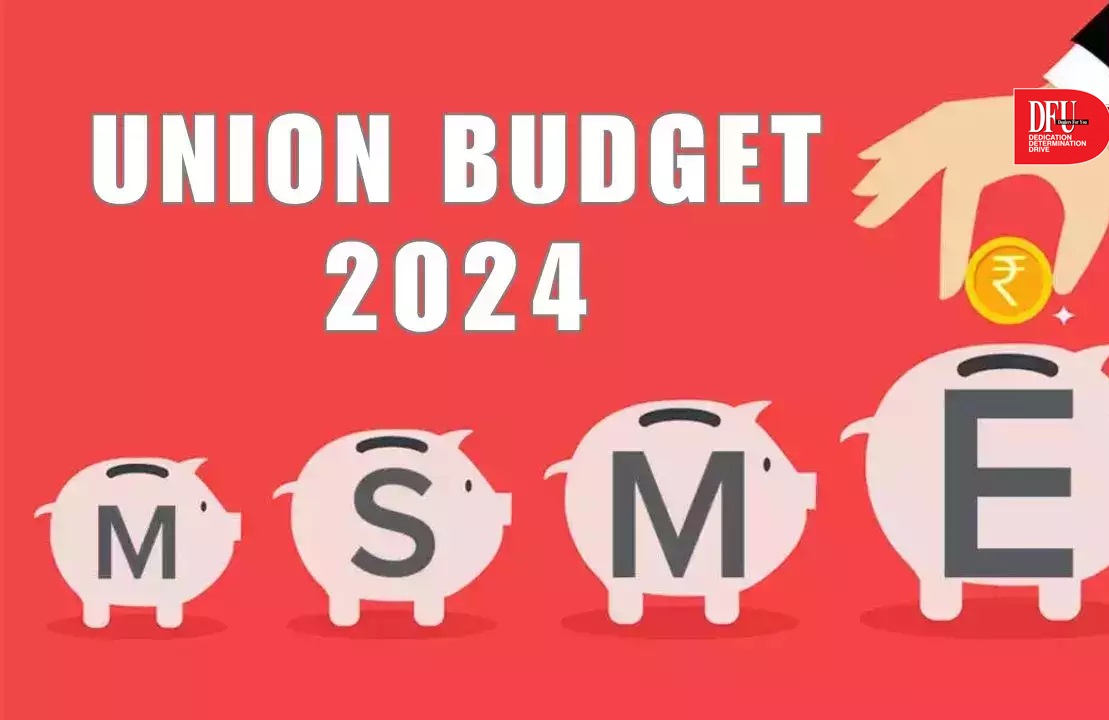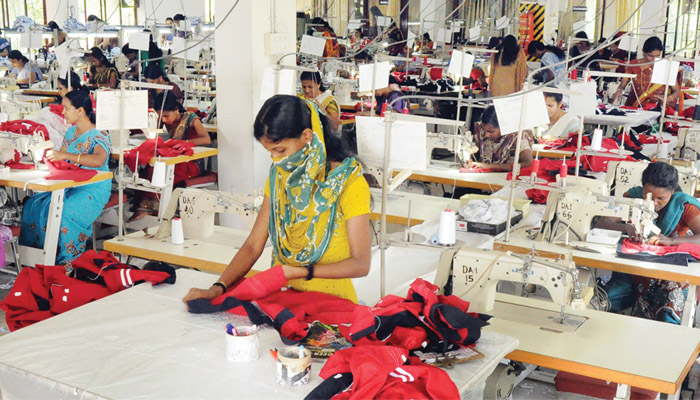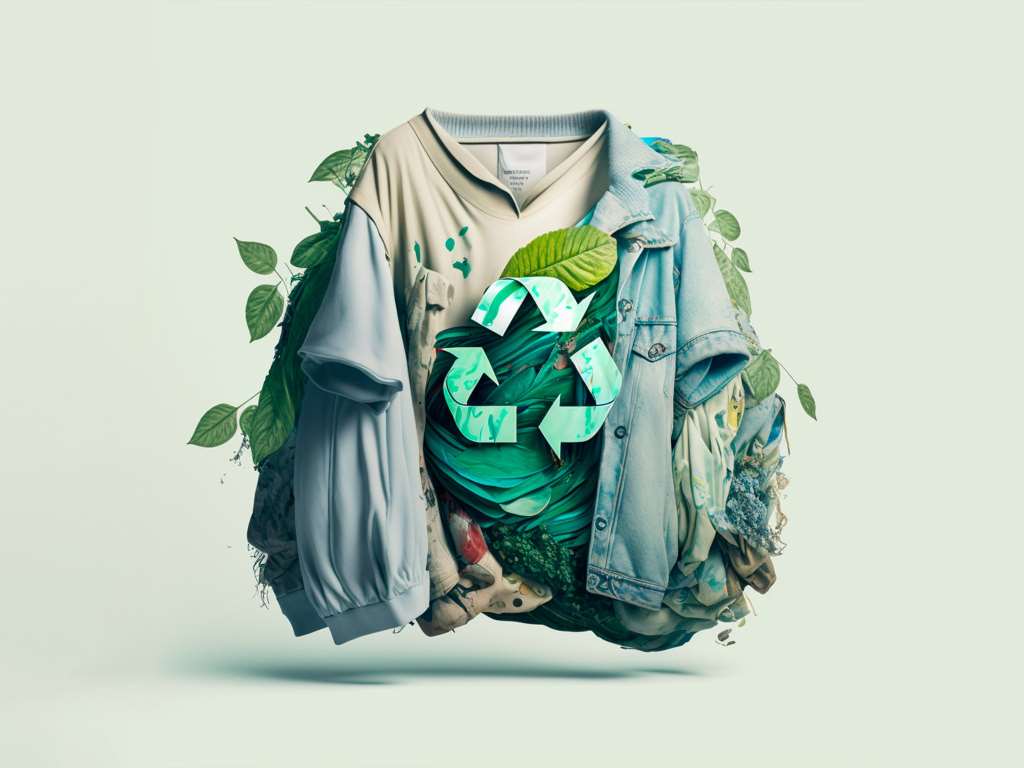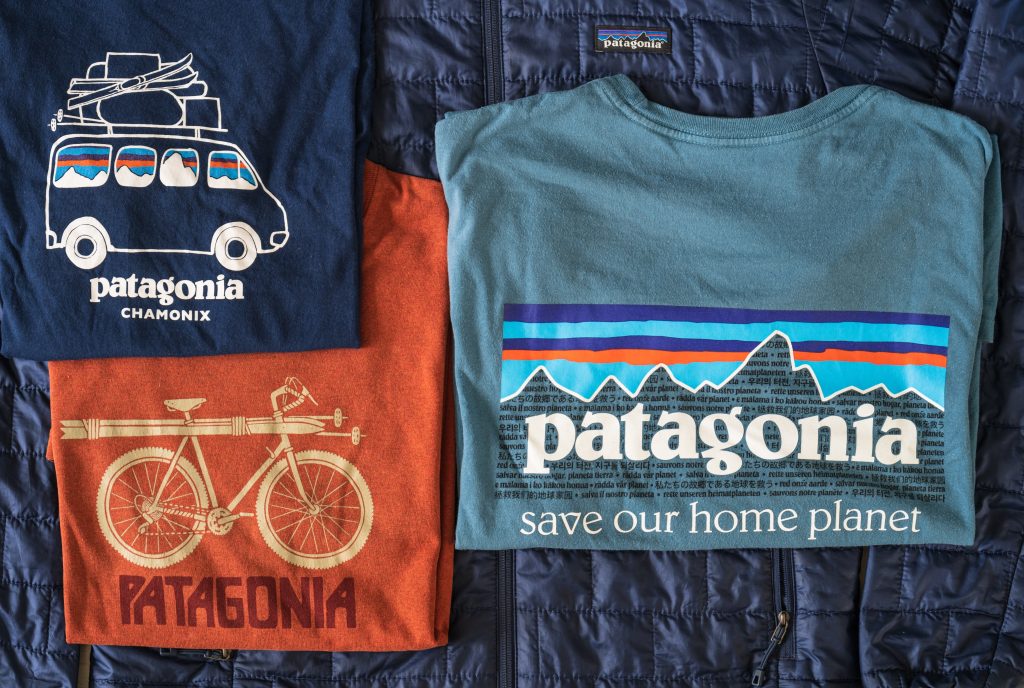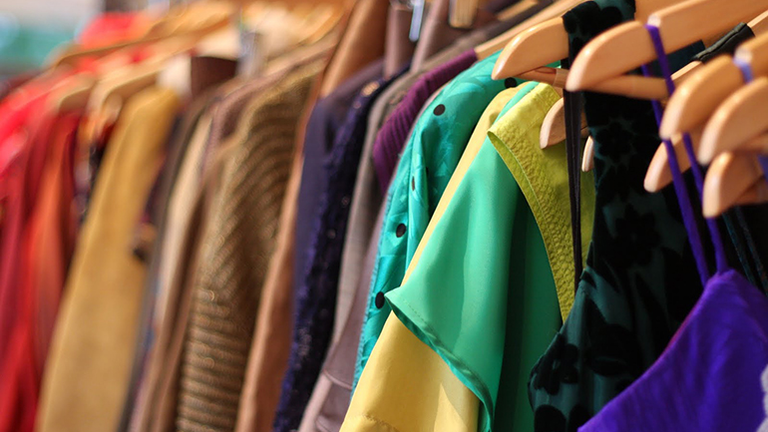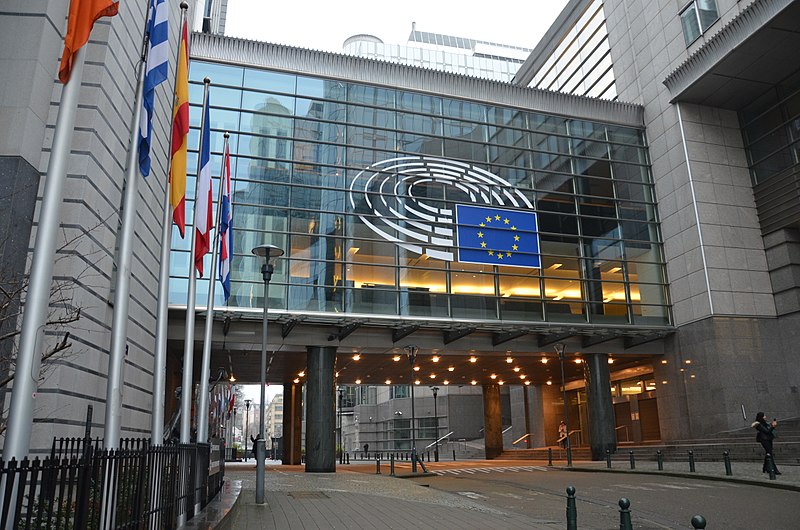
The European textile sector is miffed with the European Parliament as it’s acknowledging the efforts put in by the sector to be aligned to EU Strategy for Sustainability and Circular Textiles. When European Union law makers adopted the report on the strategy published in Brussels on June 1, the general feedback from the powers that be in the EU capital was not positive, which in turn had Euratex director general Dirk Vantyghem commenting on the MEP Report: “We welcome the strong interest of the European Parliament in the textile and fashion industry, but encourage MEPs to develop a balanced vision which reconciles sustainability and competitiveness. Developing a new business model for our industry requires carefully crafted legislation at global level, and an open dialogue between the industry, the brands and the consumer.” This was a polite reminder to the EU MEPs to take a realistic rather than a theoretic approach to the developments initiated by the sector that are underway.
Bureaucracy undermines ground reality
Highlighting the shortcomings of the report, Euratex, the platform and voice of the European clothing and textile industry points out it takes on a theoretical approach which does not resonate with on-the-ground practicality if the sector. The report takes on a sever moral stand on sustainability by introducing even more rules and regulations that can push the European clothing and textile sector to the edge – while the European Parliament has taken upon itself to carry the torch of sustainability and circularity, it does not recognize that the world is host to many big clothing and textile manufacturing hubs who either have less stringent rules, are lax in their implementation or completely disregard them. In reality this in itself is a huge cost handicap for Europe’s clothing and textile sector.
The report seems to have overlooked the current bearish state of economy caused by high energy costs, inflation and uncertainty that has consumers being exceedingly cautious and importers are assertive and demanding. In this trade scenario, the European sector burdened by strict compliance to rules and regulations that can be best described as disadvantage “point”, creating commercial distress. This kind of moral high-handedness can push the European clothing and textile sector out of the running which then translates to production closures and loss of jobs in a region already burdened with near-recession situation.
More importantly, this would make Europe far more dependent on suppliers from regions that do not come under the EU legislation and can lead to a bigger negative environmental impact. In a lazy way, the report does not bother to differentiate between textile products. It is evidently clear that the report was unclear about categories and mixed up between fashion and technical textiles, between products made in Europe and outside, between high quality and durable products and low-quality items.
It just applied a generic term “textile” which does not do any justice to the high-quality made in Europe products that have a superior manufacturing model. The report also places the lion’s share of the responsibility on suppliers and barely acknowledges the role of consumers and their buying behavior to uphold the European Union strategy on clothing and textiles.
Euratex point of view
Despite differences in the way Euratex and the European Parliament perceive the report, Euratex members were happy the report recognizes the importance of R&D to develop the strategy of sustainability and circularity and recommends investments in order to support it. The report also recommends SMEs dotted around Europe need to be brought into the limelight through support and incentives as well as upskill and reskill of employees in the clothing and textile sector.
Euratex rightfully states the other side of the process is the consumer who needs more awareness and reason to support sustainable clothing and the European Parliament may consider investing in spreading the awareness while supporting the sector through fiscal measures, green public procurement and better control of online marketplaces.


